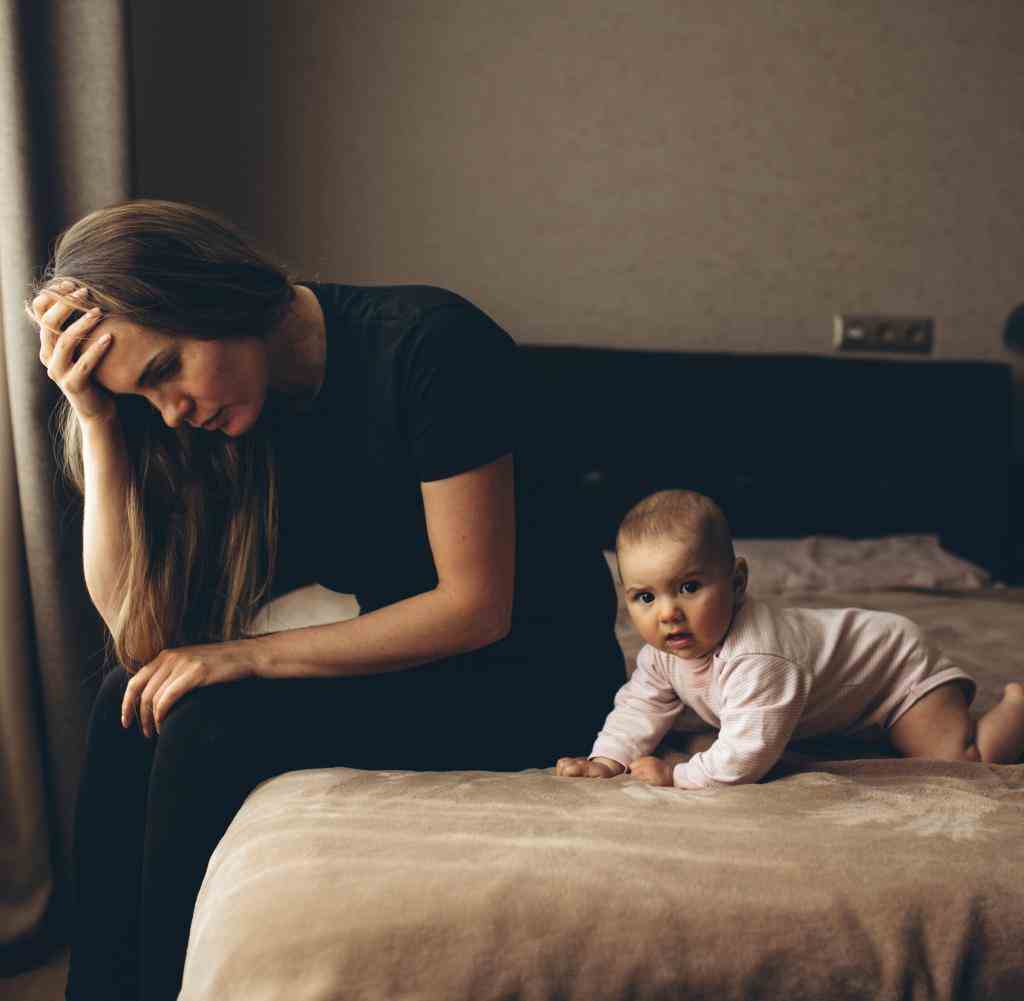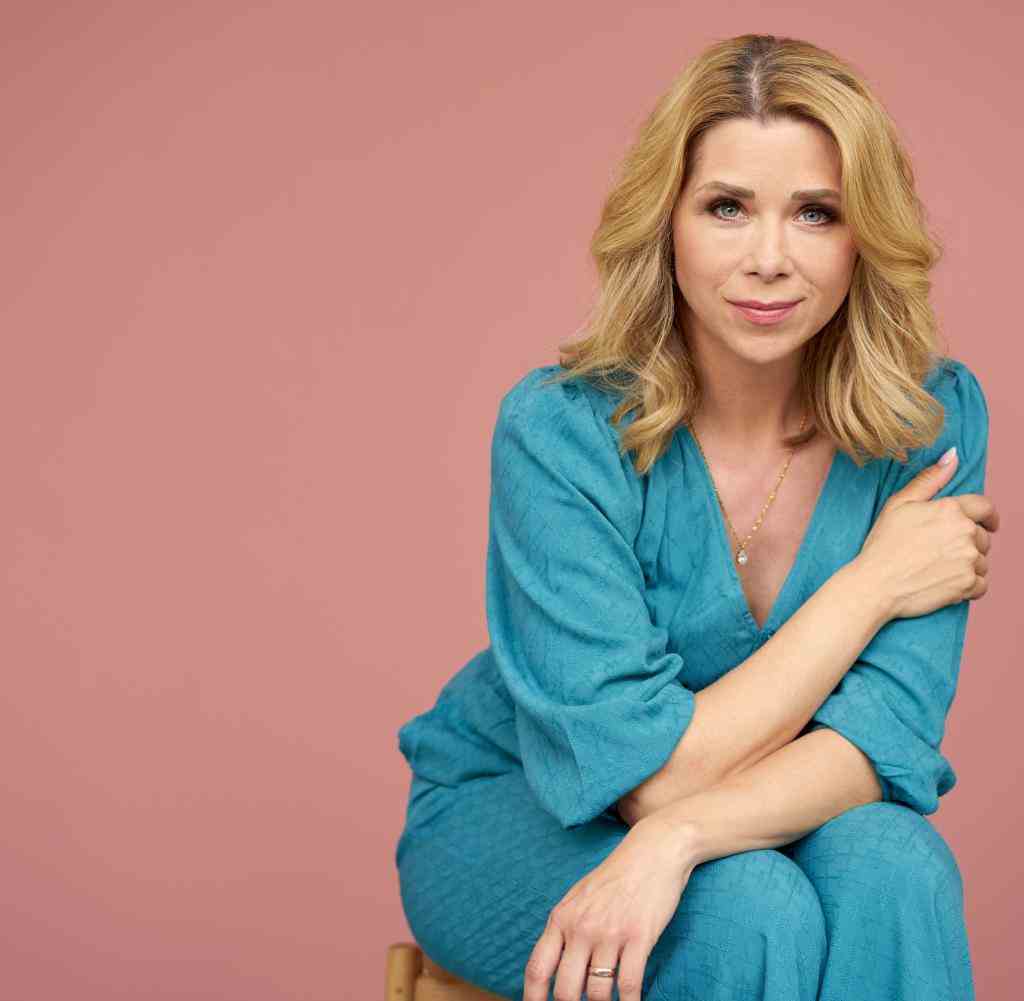Whe who has many children must be either poor or aristocratic – this cliché persists in Germany. But that’s not correct, as a study by the Bertelsmann Foundation shows. After that, the majority of families with three or more children come from the middle class.
This is primarily reflected in the educational level of the mothers. While 57 percent of women with many children born between 1933 and 1937 still had a low level of education, today every second mother of three or more children has an average and every fifth mother has a high level of education. The proportion of highly educated among these so-called multi-child mothers has more than tripled within a generation.
However, they still have a certain exotic status. Unlike in countries with many children such as Ireland or Finland, the small family in Germany is still the norm. Of the approximately 8.25 million families with children under the age of 18, only 1.3 million families had three or more children in 2021.
40.7 percent of the families have one child, 43.5 percent two, twelve percent three, 2.7 percent four and only one percent five or more children. Most extended families live in Baden-Württemberg, Lower Saxony and North Rhine-Westphalia. In eastern Germany, small families dominate even more.
Source: Infographic WORLD
The researchers found a clear connection between family size and cultural background. Parents with many children have a disproportionately high proportion of immigrants – the proportion increases with the number of children. 36.4 percent of families with one child have a migration background, 50.5 percent of families with three children and 74.1 percent of families with five children.
A third is considered to be low-income
Financially, large families are in a much worse position than small ones – which, according to Bertelsmann expert Sarah Menne, is simply in the nature of things: Since mothers with several children cannot work as much as other women because of the high level of childcare, their families often have a lower income . “And that has to be enough for more heads.”
The result: almost a third of all families with three or more children are classified as low-income; almost 18 percent receive benefits under the Social Security Code. Across all federal states, families with three or more children have an almost three times higher risk of poverty than those with two children. The situation is particularly difficult for single parents with three or more children: more than 86 percent of them are dependent on social transfers.
A look at the labor market participation of mothers and fathers from families with many children shows how time-consuming it is to look after and bring up several children and organize a large household. The average labor force participation rate for mothers with at least one day-care-age child is 46.7 percent – but only 34.6 percent for mothers with multiple children.
At 77 percent, the labor force participation of fathers with multiple children is below that of other fathers (82.7 percent). With the increasing age of the youngest child, parents with more children increase their gainful employment, but the mothers in particular often only work part-time. Overall, the employment rate of mothers with multiple children is significantly lower than that of mothers from small families. In the past two decades, their income has therefore only increased at a below-average rate, despite good education.
Constant worry about money and housing
In order to gain a better understanding of the reality of life and the needs of large families, family researcher Sabine Andresen from the Goethe University in Frankfurt and her team conducted 20 in-depth interviews. It has become clear that the concern about financial bottlenecks and sufficient affordable housing constantly accompanies large families, said Andresen. Many large families also complained about stigmatization in everyday life. Most recently, for example, during the pandemic, when many families with many children were accused of hoarding in the supermarket even though they only had their normal weekly shopping in the shopping trolley.
“Multi-child families are confronted with many prejudices. Their enormous achievements for society are overlooked,” emphasized Andresen. Conversely, anyone who raises three children or more ensures that the intergenerational contract of the social security systems organized in solidarity works. “Without the care work of the parents, especially the mothers, who often forego their own careers and thus adequate retirement provisions, this would not be possible,” said Andresen. “For this reason alone we owe these families targeted support, more appreciation and the overcoming of clichés.”
The Bertelsmann Foundation is also committed to the introduction of basic child security plans by the federal government. In the short term, in view of the rapidly increasing consumer prices, quick and unbureaucratic relief is needed, especially for families with many children.
When it comes to offers and discounts for families, the special needs of this type of family should be taken into account more, according to the study: “Family tickets, whether for the zoo, public transport, the swimming pool, the club, should not be limited to a certain number of children. This narrow understanding of the family must finally be overcome.”
“Kick-off Politics” is WELT’s daily news podcast. The most important topic analyzed by WELT editors and the dates of the day. Subscribe to the podcast at Spotify, Apple Podcasts, Amazon Music or directly via RSS feed.




